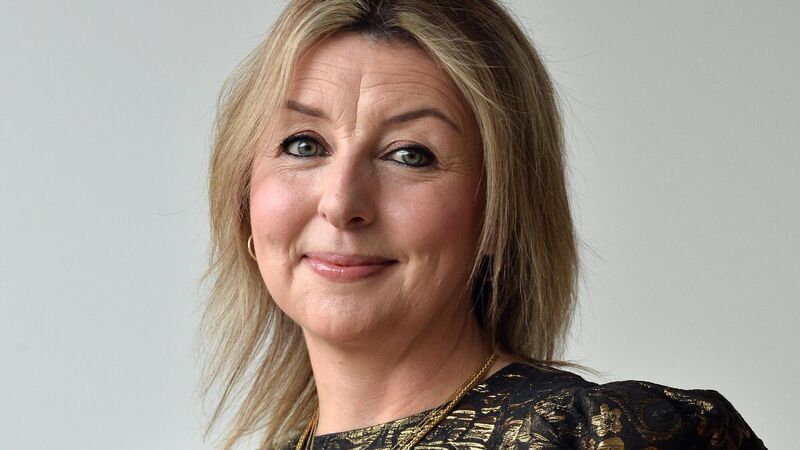Edel Coffey: You don't get inspiration from being in your comfort zone

Edel Coffey on disappointment. Picture: Ray Ryan
Disappointment is such a subtle word for such a strong, complicated emotion, isn’t it?
I had a cool blast of disappointment a few weeks ago and it was a reminder of how difficult a feeling it can be.






